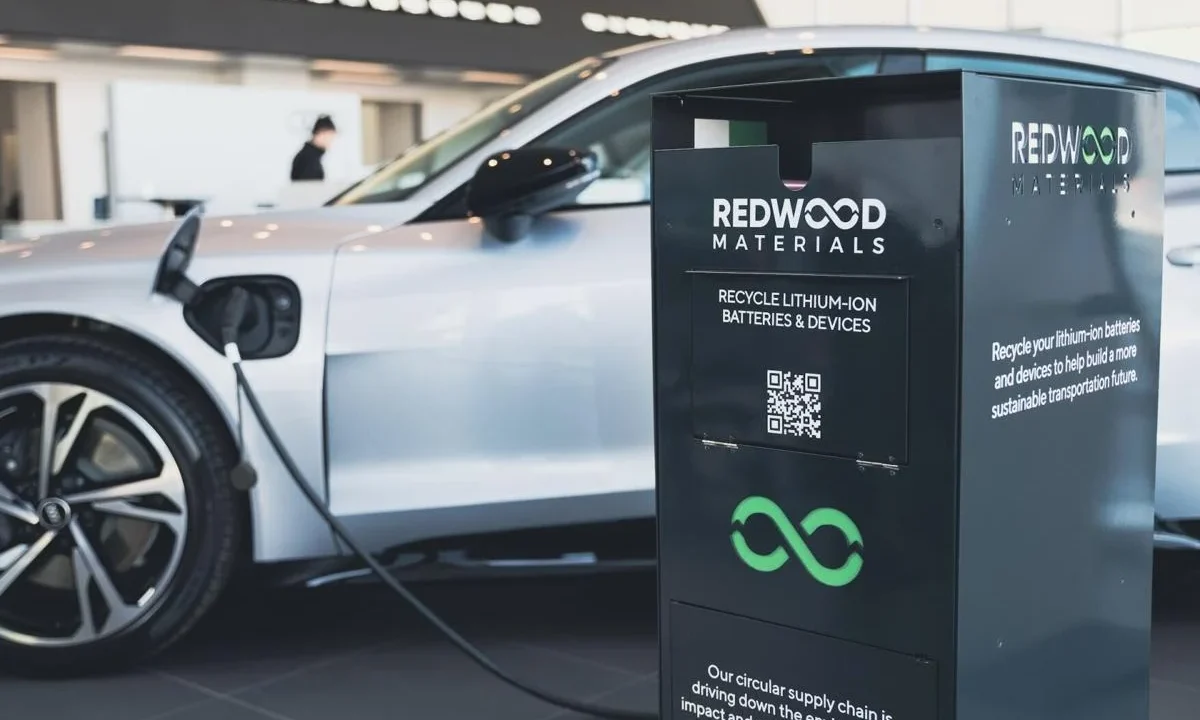North Charleston is the place to be for EV-related manufacturers, report says
North Charleston is the best place in the eastern U.S. to build a factory focused on the electric vehicle industry based on the bottom-line costs of doing business, a new report shows, but operating margins aren’t the only advantage the area offers.
John Boyd, whose New Jersey-based The Boyd Co. helps businesses find the best spots to set up shop, said the region’s growing workforce combined with training programs offered by Trident Technical College, an existing cluster of automotive manufacturers and suppliers and an abundance of available industrial sites gives EV-related businesses — from battery makers to producers of charging stations — plenty of reasons to consider the Lowcountry.
North Charleston “is situated in a new and growing U.S. manufacturing corridor stretching from Michigan to Georgia and taking on the name of ‘America’s Battery Belt,’” said Boyd, who outlined the results of his firm’s latest site selection report at an event at the Charleston Marriott. “It is a region housing many EV parts manufacturers, several EV assembly plants and where hundreds of gigawatt hours a year of battery cell production capacity will be built and start operating between now and 2030.”
The Volvo Cars manufacturing plant in Berkeley County, which will produce the automaker’s first all-electric sport-utility vehicle later this year, and a commitment by Redwood Materials to build a $3.5 billion lithium-ion battery recycling pant next door, gives the area a solid base on which to build a thriving EV industry, he said.
North Charleston also offers the lowest annual operating costs of any market along the East Coast at an estimated $45.7 million for a hypothetical EV factory employing 500 workers in a 150,000-square-foot space.
Most of that expense — about $39.2 million — is labor-related, including wages estimated at $31.19 per hour and benefits. Boyd said South Carolina’s status as a right-to-work state with the nation’s lowest percentage of union members is attractive to employers, both because such states typically have lower wages and there is less chance of labor disputes disrupting operations.
The remaining expenses include taxes, amortization and the costs of electricity and natural gas.
While North Charleston is the lowest-cost option on the East Coast, it isn’t the lowest nationally. That distinction belongs to Chattanooga, Tenn., where operating costs are estimated at $43.7 million per year and wages are pegged at $29.64 per hour.
Minden, Nev. — a small town near the Redwood Materials headquarters and automaker Tesla’s Gigafactory Nevada — has the lowest EV operating costs in the West at an estimated $47.1 million per year. That includes wages estimated at $32.54 per hour.
The most expensive place to operate an EV-related business is San Jose, Calif., where annual costs totaling nearly $62.4 million include wages of $40.64 an hour.
Despite North Charleston’s attractiveness, there are factors that could threaten the area’s ability to attract EV-related industries, Boyd said. They include the region’s fast-rising cost of living coupled with a tight labor market and a growing scarcity of affordable housing.
The industry itself also poses challenges. It takes far fewer workers to make an electric vehicle than an automobile powered by an internal combustion engine, which could result in job losses as the EV industry matures and cars that run on gas are phased out.
Politics also plays a role. While the Biden Administration’s focus on green energy has provided billions in incentives to EV makers and suppliers and tax credits for consumers who want to buy battery-powered cars, future administrations might not be as industry friendly.
Boyd said it will be hard to put the EV genie back in the bottle.
“Even Republican governors like Brian Kemp in Georgia and Henry McMaster in South Carolina recognize how economically significant these projects are, regardless of their opinions on EVs versus internal combustion engines,” he said. “These projects represent billions of dollars of new investments.”
In South Carolina alone last year, EV makers such as BMW and suppliers including battery maker Envision AESC announced nearly $7 billion worth of new projects that are expected to create roughly 4,500 jobs. Last month, Volkswagen said it will spend $2 billion to build a factory near Columbia that officials said will employ 4,000 workers making Scout-branded sport-utility vehicles.
Hitting pause
It hasn’t hit showrooms yet, but Volvo’s new EX90 SUV is proving so popular the automaker has had to suspend taking orders for the all-electric vehicle.
Billed as a high-tech computer on wheels, the EX90 will start production during the fourth quarter at Volvo’s $1.2 billion Berkeley County plant off Interstate 26. The model will also be built at a Volvo factory in China for the Asian market.
The company made the disclosure about temporarily halting orders in a statement pertaining to its first-quarter financial results, according to a report by Motor1.com.
Volvo said it will reopen the order books soon but did not provide a specific timeframe.
While the EX90 is seen as the successor to the popular XC90 SUV, the older gasoline-powered car will remain in production for the foreseeable future. Volvo has said it plans to only produce EVs by 2030, so the EX90 is likely to be phased out before then.
The first-quarter financial statement also mentioned a new entry-level EV that Volvo plans to build called the EX30, which will be smaller than the XC40 and C40 Recharge sport-utility models. The company is marketing the less-expensive car to younger buyers, with a debut scheduled for the beginning of next year.In addition to the EX90, Volvo’s Lowcountry site will produce the Polestar 3 for its sister brand and continue building the gas-powered S60 sedan.

